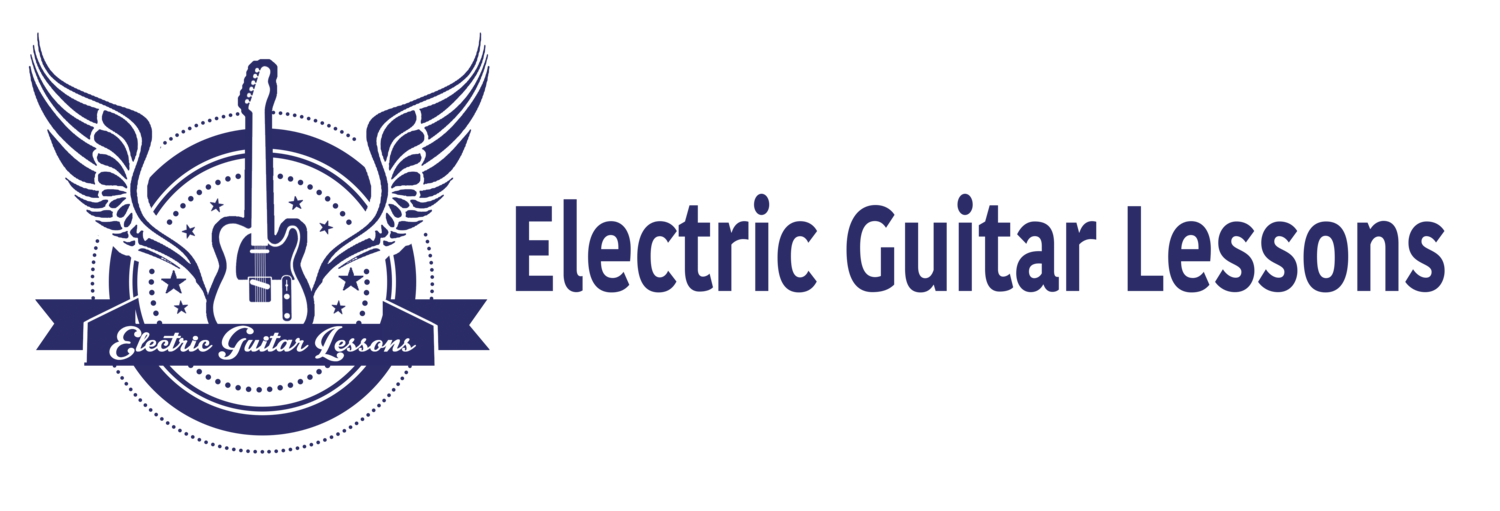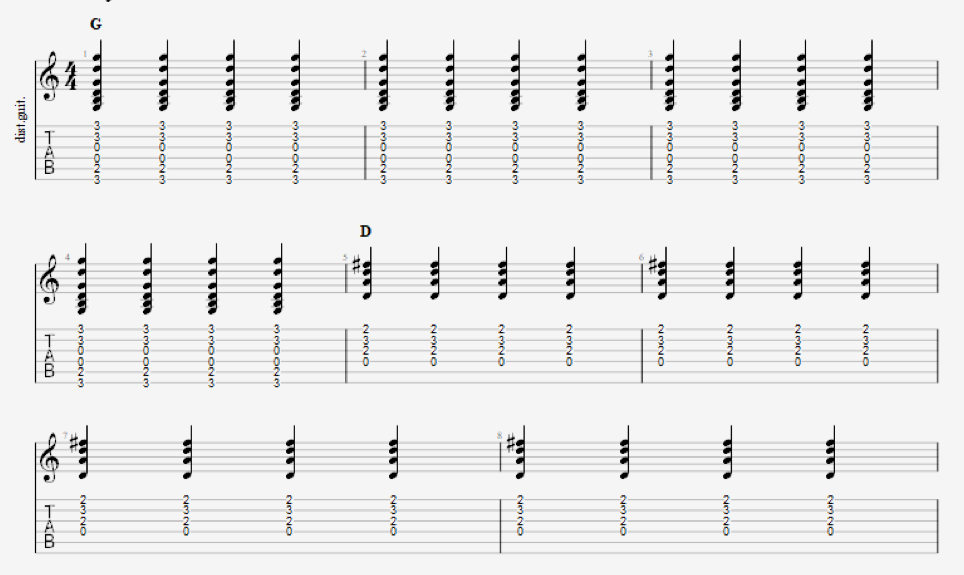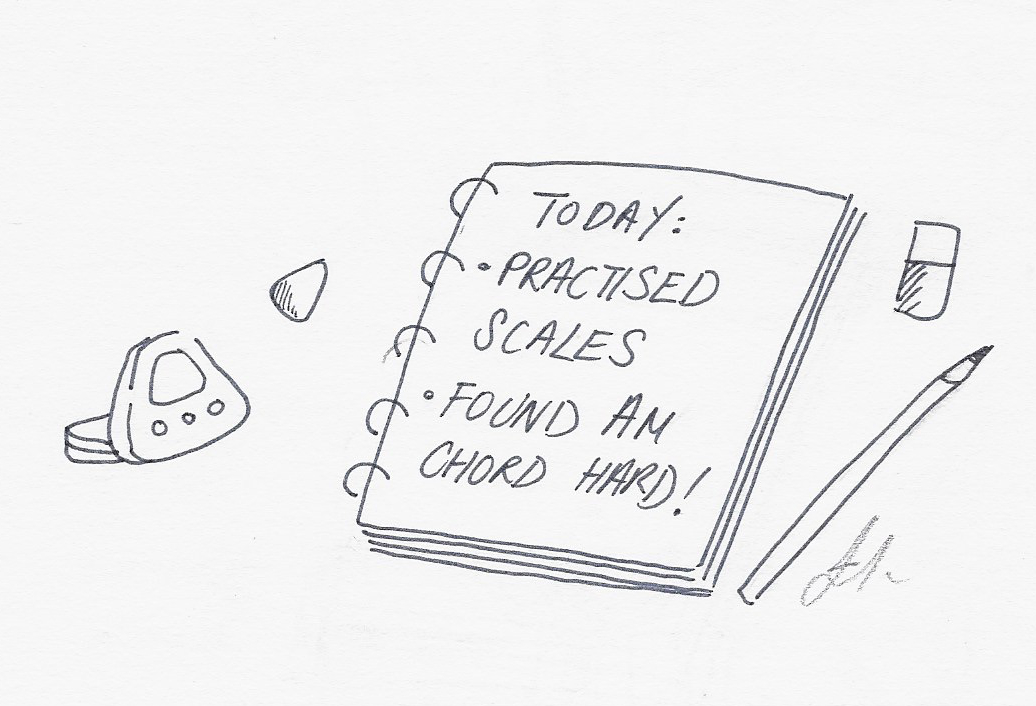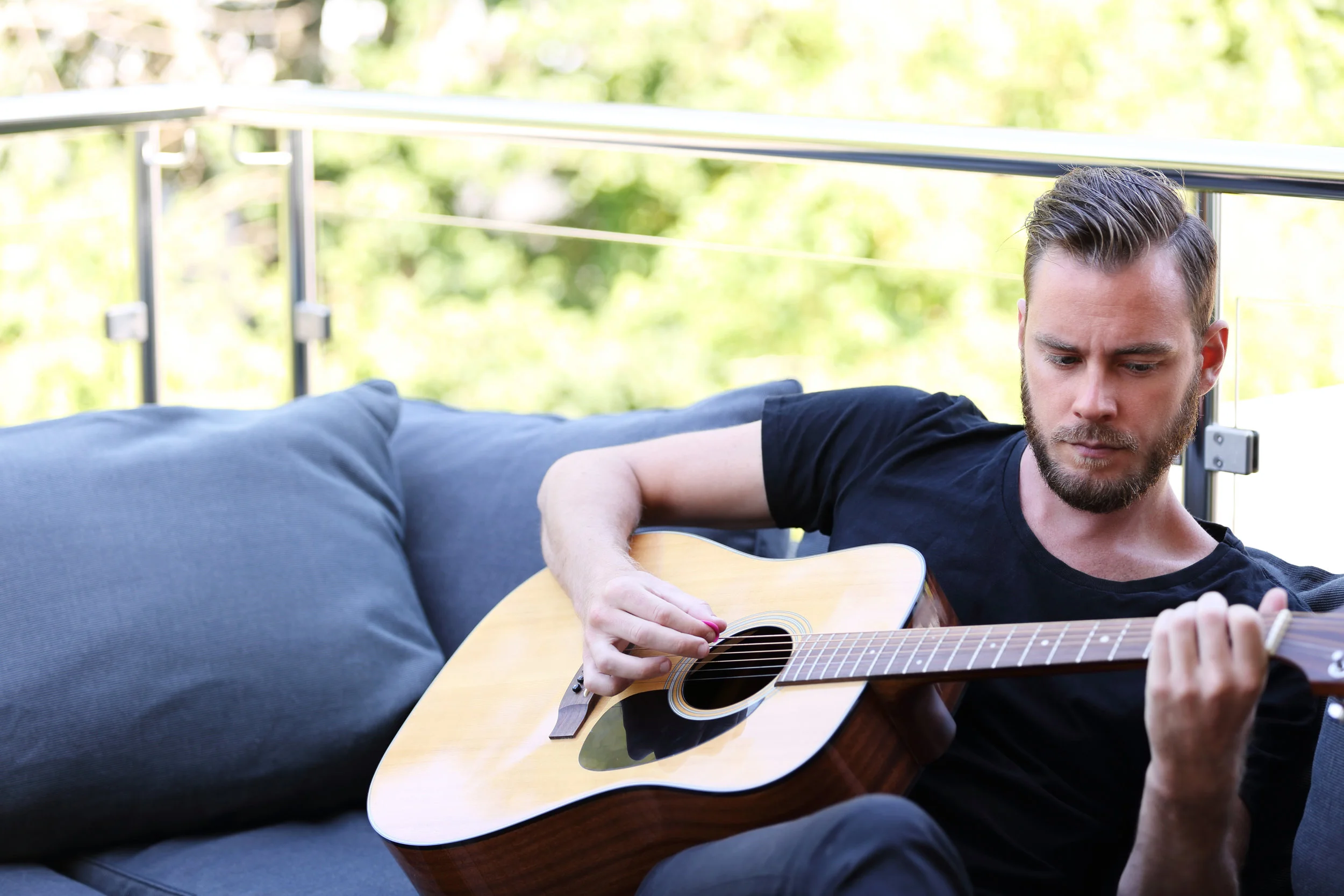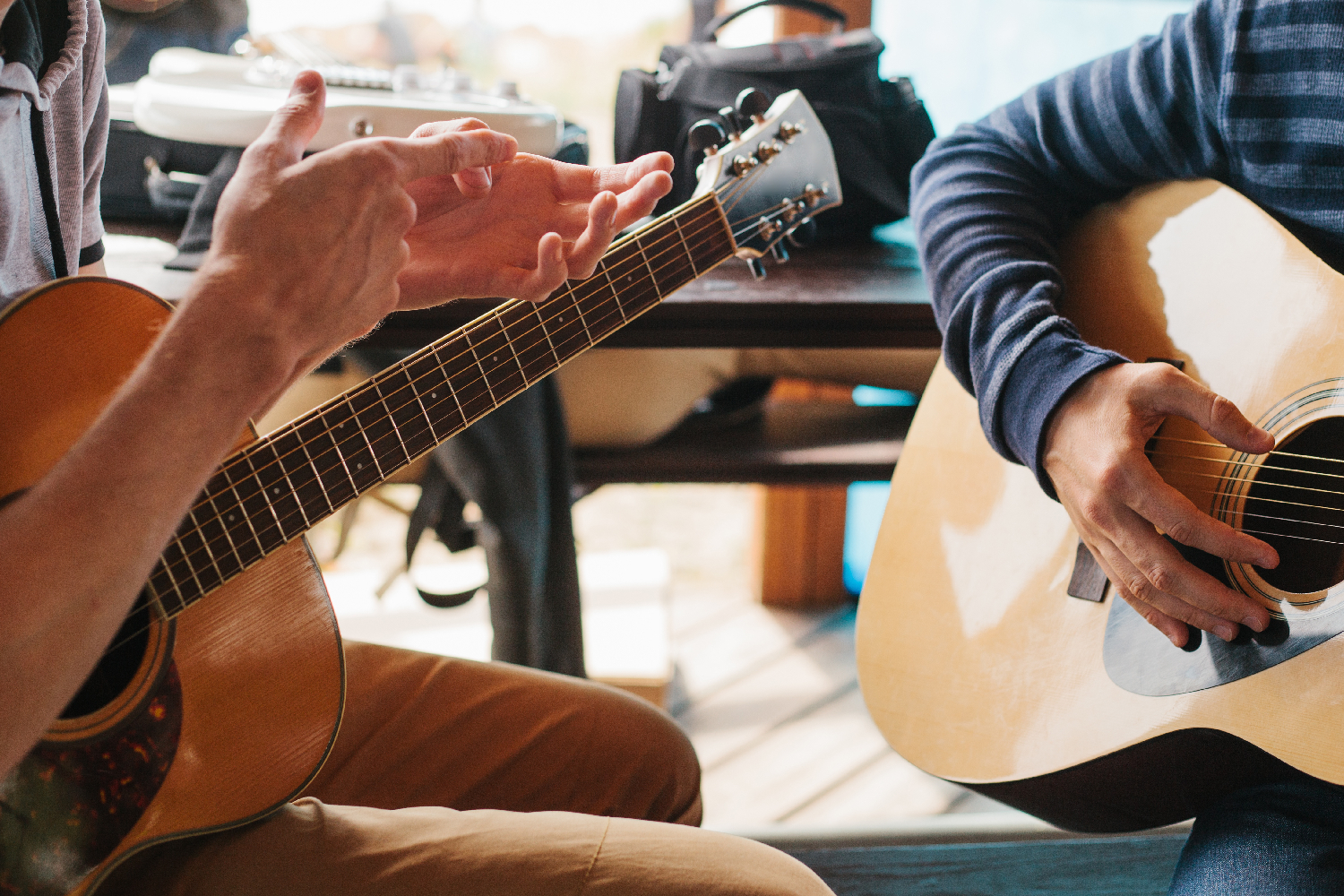The Magical Power of Transcribing
I. Introduction
I know this is perhaps a corny analogy, but remember in the movie Caddyshack where Chevy Chase advises “be the ball” as a strategy to improve his young friend’s golf game? Well, transcribing, the art and science of translating music you hear into music you play, allows you, like no other practice, to “be the music.” You sit with a piece of music you love; you really get inside it; you write it down; you play it; you become it.
Where else can you have such an amazing experience? You can view the Grand Canyon, for example, but can you really become it?
If I may generalize, musicians who are learning their craft don’t necessarily transcribe as much as they used to because in the past there was no YouTube or Ultimate Guitar Tab websites. There was only you, the album, and your instrument. The process of transcribing was slow, it was painstaking, and it was messy, but the practice really helps you grow as a musician. It helps develop your ear; it develops your fretboard knowledge; it helps your music theory; it builds harmonic and rhythmic vocabulary.
II. Transcribe Melodies/ Solos
The most common type of musical content to transcribe is a melody or an improvised solo. If you are new to this practice, just sit with a simple melody of a pop song you like. You don’t necessarily need to write down the notes, you can go straight to your instrument (and it’s still considered transcribing even when nothing is written), but it’s always better to write it so you can remember it later.
Some tips are:
a. Select only a very short section. Only do 1 phrase at a time. If it’s the Beatles “Yesterday,” for example, only do the first word. That should be easy enough, right? Only then should you move on to “all my troubles seemed so far away.”
b. Determine what key the piece is in. For pop music, it’s almost always the very last note of the song or at least the point of resolution at the end of each chorus. From there, if you can determine whether the song is major (happy, bright) or minor (somber, dark), it’ll help you find the appropriate scale that the song tends to use.
c. Hunt and peck. If you can’t tell what key the song is in, or you don’t recognize the underlying scale (or can’t play the scale yet), just simply hunt and peck. It may feel like you’re blind in a dark alley, but the process helps you identify whether pitches are higher or lower, and where they might be on your instrument..
d. Write down the notes in standard notation or tablature, or just the letter names if necessary. Don’t worry about the best fingering to use until later. Just do it on one string if you have to just to get the sounds down on paper. The decisions about fingerings come later.
III. Transcribe Chord Progressions
In many cases, it’s easier to understand how a melody works if you know the underlying harmonic base. So you might consider transcribing a pop song’s chord progression even before you decipher it’s melody. Some tips are:
a. Start with the root notes of each chord by listening to the bass.
If you can determine what the bassist plays on the first beat of each new chord, it will almost always be the root of the chord. Do the whole progression with just the root notes first. So in our example of “Yesterday,” you would have written down f, e, a, and d for the first 4 chords.
b. Determine the quality of each chord. Is it major, minor, or 7th.
Occasionally you may find half-diminished or diminished chords, but for the most part pop songs will be major, minor, or 7th. In “Yesterday” the first chord is F major and the second is Em. If you’re not sure, simply try each one when that chord comes around and decide which one fits best. If none of them fit perfectly, just pick the closest one and move on. It might not all be transcribed perfectly first go-around, but don’t let that stop you from finishing at least a section. Sometimes you can better figure out how to change the chord you’re not happy with only after you can play the whole section.
c. Have a teacher and show him or her your work.
It’ll only take a few minutes for the teacher to see if you’ve done it correctly, and that type of feedback helps you massively and arms you for continuing the process.
IV. Technology makes it easier than ever
Nowadays there are so many great ways to help the process of transcribing. You can slow down Youtube videos (see my article on “How to Best Use Technology while Practicing”). You can isolate a certain phrase using computer audio software and make a loop of it so you can hear it over and over. You can even slow down the audio and keep the key the same!
V. Develop Your Ear
Transcribing doesn’t necessarily have to be from a recording, it can be playing a song from memory. Not to be funny, but can you play Happy Birthday” on your instrument without sheet music? This is more about ear training than transcribing, but it is relevant because it’s important to practice ear training. As your ear develops, you recognize the individual characteristic of each of the 12 intervals, and it makes transcribing so much easier. The importance of ear training can (and probably will be) a whole separate article, but suffice it to say get your hands on some kind of ear training program and it’ll save you hours of hard work and give you massive musical enjoyment in the long-run.
VI. Conclusion
Transcribing is not always easy, but it really makes you grow as a musician. As I mentioned, start with easy material first. Don’t give up. Hunt and peck if you must. Work out the fingerings later. What you digest from transcribing will show up in your improvising, songwriting, and your sense of melody and rhythm. Have fun and remember “be the ball.”
About the author: Dennis Winge is a professional guitarist living in New York with a passion for vegan food and bhakti yoga. If you are interested in taking Guitar Lessons in Newfield, NY, then be sure to contact Dennis!
